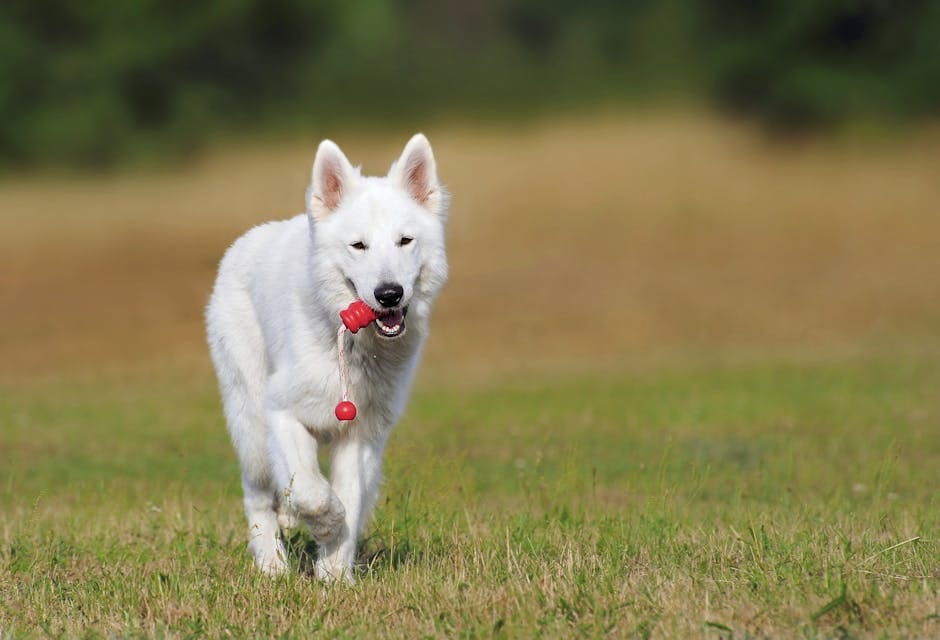Training your dog is an essential part of responsible pet ownership. It helps to establish boundaries, create a harmonious relationship, and ensure the safety of both you and your furry friend. Whether you're a seasoned dog owner or a first-time pet parent, this comprehensive guide will provide you with the knowledge and techniques you need to train your dog effectively.
**Establish a Clear Hierarchy and Rules:**
The foundation of successful dog training lies in establishing a clear hierarchy and set of rules. Your dog should understand that you are the pack leader and that your commands must be obeyed. Consistently enforce house rules, such as where the dog is allowed to sleep, eat, and play. Use positive reinforcement and rewards to encourage desired behaviors, and avoid physical punishment as it can damage the dog's trust and relationship with you.
**Start with Basic Commands:**
Begin with basic obedience commands such as sit, stay, come, and down. Use consistent hand signals and verbal cues, and practice these commands in various environments to ensure your dog's understanding. Gradually introduce more advanced commands as your dog progresses.
**Use Positive Reinforcement:**
Reward-based training methods are highly effective and promote a positive relationship between you and your dog. When your dog exhibits desired behaviors, reward them immediately with treats, praise, or affection. This reinforcement will encourage them to repeat the behavior. Avoid punishment, as it can instill fear and resentment in your dog.
**Establish Clear Boundaries:**
Boundaries are essential for a well-behaved dog. Determine where the dog is allowed to go and what areas are off-limits. Use a leash or physical barriers to enforce these boundaries, and consistently redirect the dog away from prohibited areas.
**Socialize Your Dog:**
Proper socialization is crucial for dogs to develop into well-rounded and confident members of society. Introduce your dog to different people, animals, and situations to help them become comfortable and adaptable. Socialization should begin early in puppyhood and continue throughout the dog's life.
**Address Behavioral Issues:**
All dogs experience behavioral issues at some point. If your dog exhibits inappropriate behaviors such as barking, chewing, or aggression, it's important to address them promptly. Seek professional help from a certified dog trainer or animal behaviorist to determine the underlying cause and develop effective solutions.
**Stay Patient and Consistent:**
Dog training takes time, patience, and consistency. Don't get discouraged if your dog doesn't learn commands immediately. Practice regularly, stay positive, and reward your dog's progress. Remember that every dog is different, so adjust your training techniques to suit their individual learning style and personality.
**Consider Professional Training:**
If you encounter difficulties training your dog on your own, consider seeking professional help. Certified dog trainers can provide expert guidance, tailored training programs, and support throughout the training process. They can also assist with addressing behavioral issues and ensuring the long-term success of your dog's training.
